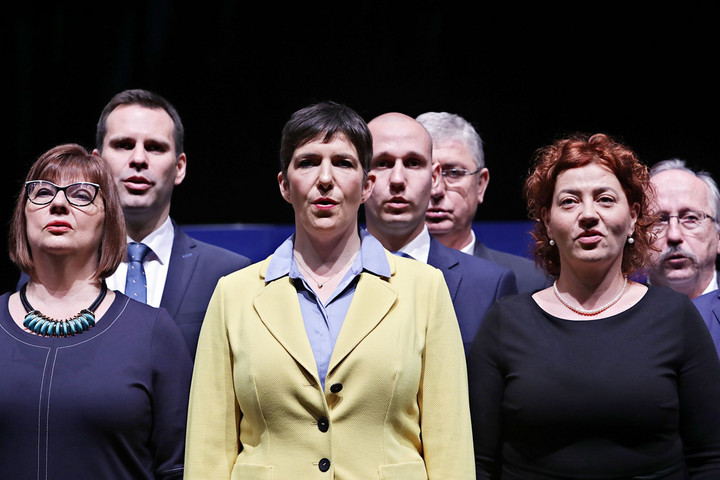In its recent research, Századvég examined what decisions the municipalities that came under opposition control in 2019 made compared to their promises; because there was no shortage of promises, but neither of the drastic cuts that followed.
According to the director of the Political Analysis Center of the Századvég Foundation, many people have already forgotten the wasted eight years between 2002 and 2010, even though a similar period would await us if the opposition wins in 2022. With Zoltán Kiszelly, director of the Századvég political analysis center, Kossuth Rádió Good morning, Hungary! in their program, they talked about the experiences that can be drawn from the operation of opposition municipalities.
In its recent research Századvég examined what decisions the municipalities that came under opposition control in 2019 made compared to their promises.
Based on the results, the 2002 sample is still coming back. Since the change of regime, it has been observed that the left-liberal forces campaign in the parliamentary and municipal election campaigns by alleviating public burdens, introducing welfare measures, and promising to help businesses, and then, after coming to power, they do not fulfill their commitments.
According to the director, the opposition candidates campaigned with promises of prosperity in 2019 as well, and in comparison, after coming to power, they revived the wealth left behind by the previous, right-wing mayors, and were therefore forced to make cuts.
An example of this is that, despite the promise of affordable social rental apartments, they were privatized in many places or the rents were raised. The improvement of the parking situation in Budapest has also not been realized, instead of the promise of simplification and transparency, parking fees have only been raised in many places.
According to the director, it was also seen in the case of the capital city that when the government sent wage subsidies to companies that were shut down due to the epidemic, the capital city government would have introduced a restart tax. It was precisely because of such initiatives that the government ordered a municipal price cap during the epidemic to prevent the population from being ripped off.
"While they verbally refer to the poor, the entrepreneurs, and the citizens of the capital, when they have the opportunity, they do not fulfill their promises, but often, on the contrary, increase the burdens"
said Zoltán Kiszelly.
In Századvég's analysis, they showed exactly how much money the outgoing right-wing mayors left in the accounts, and how their successors used it. The opposition propaganda, which says that the government is bleeding the local government, is therefore not true.
"Many have already forgotten the wasted eight years between 2002 and 2010. (…) That's why it's important to talk about these topics, because what we're seeing in the opposition municipalities in a small way, we saw in a big way between 2002 and 2010, and it would be good for the country if the Gyurcsány coalition came to power."
- emphasized the director of Századvég.
Photo: MH/Márton Ficsor













